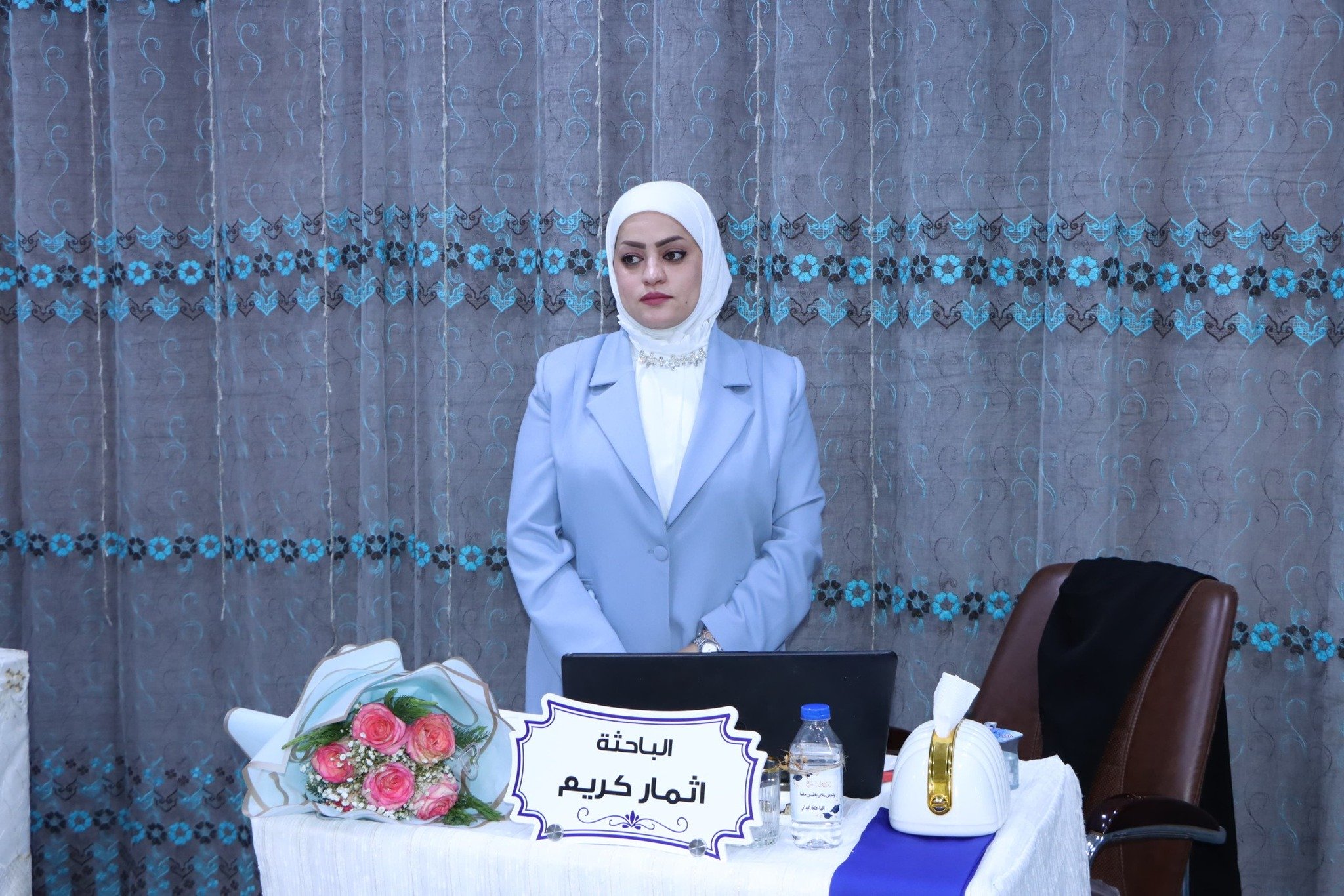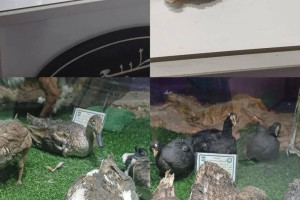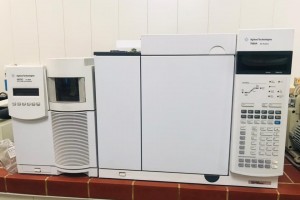
The College of Education for Pure Sciences has conducted a master's thesis on "Identifying Tribolium species in stored food, isolating associated fungi, and testing their ability to secrete toxins." The thesis, presented by researcher Ithmar Kareem, included identifying stored insect species of the Tribolium genus in some stored food in Basra Governorate, Iraq, investigating the fungi associated with these insects, and assessing their ability to produce mycotoxins, which pose a threat to human health and food quality. Samples were collected from various markets and warehouses in Basra Governorate between November 2023 and October 2024 and were examined in the laboratory. The results revealed the presence of four insect species belonging to the Coleoptera order, the most abundant of which was Tribolium castaneum (the rusty red flour beetle). Molecular identification was also performed using PCR technology, and the results of the genus sequencing of this insect were deposited in the NCBI database for the first time from Iraq. In addition, five fungal species associated with these insects were isolated and identified from different samples. The ability of these fungi to produce aflatoxins was tested using the Enzyme Linked Immunosorbent Assay (ELISA) technique. The results showed that most isolates were capable of secreting toxins. Penicillium spp. recorded the highest rate of aflatoxin production, while A. niger recorded the lowest. These toxins were also detected in a number of stored foodstuffs, particularly flour, lentils, and almonds.
The study highlights the importance of biological monitoring of stored food products, warns of the risk of double contamination by insects and fungi and the associated health and economic threats. It also emphasizes the importance of incorporating fungal and toxicological testing into food security programs.
 .
.







